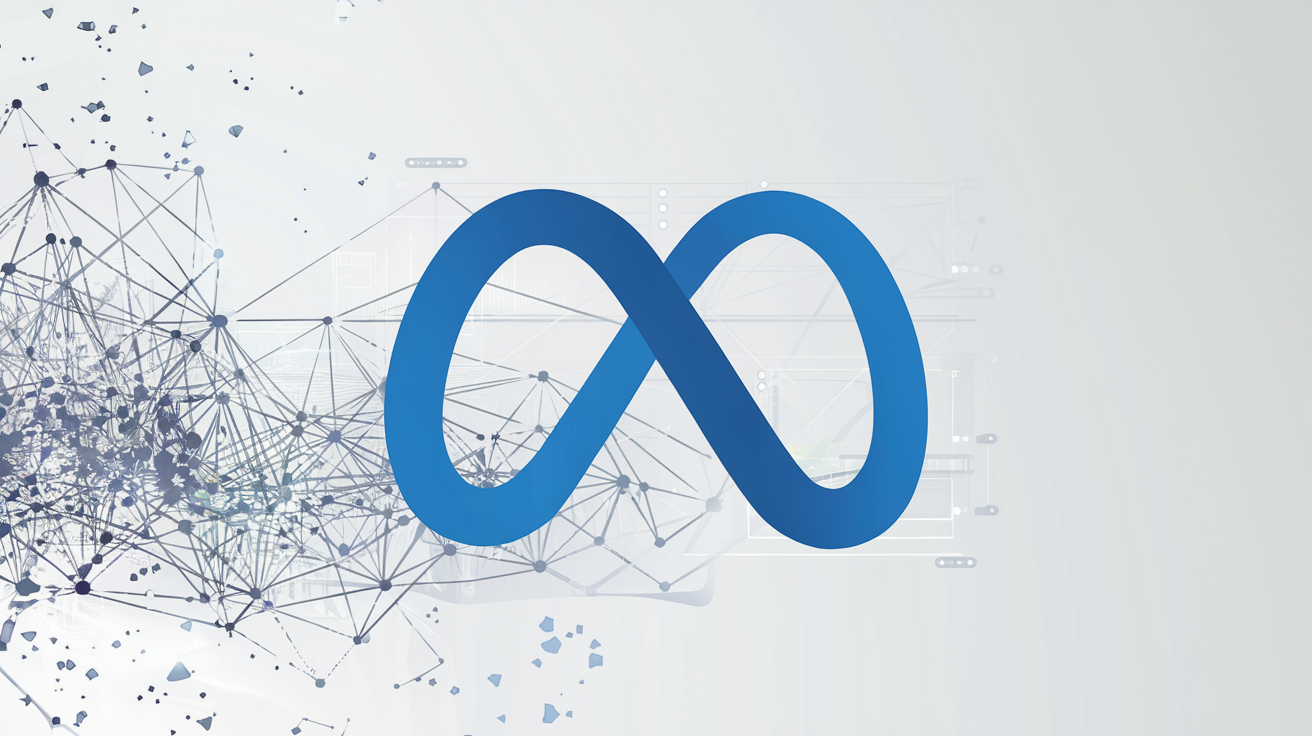Meta is interested in a different kind of reasoning than OpenAI with o1

Meta is exploring different forms of AI reasoning beyond the mathematical focus of OpenAI's latest model, according to Joëlle Pineau, Meta's VP of AI.
In an interview with The Verge's Alex Heath, Pineau explained that while the "broad public" might believe that reasoning in AI is a single concept, it actually encompasses several types that differ depending on the application:
- Mathematical reasoning: Solving math problems
- Planning reasoning: Creating strategies and plans
- Discrete reasoning: Searching through symbols for solutions
- Linguistic reasoning: Analyzing language elements, like counting letters in words
- Modal reasoning: Interpreting visual, audio, or video content
While OpenAI's o1 model focuses on mathematical reasoning, Meta takes a different approach. The company is more interested in reasoning with text and multimodal information, which is more in line with the needs of Meta AI users, Pineau says.
This focus is evident in Meta's recent "Thought Preference Optimization" (TPO) method. TPO aims to teach language models to "think" before answering general tasks, not just mathematical or logical problems, without requiring special training data.
Reliable AI agents still far off, says Meta AI leader
Pineau is cautious about the near-term prospects for reliable AI agents to perform everyday tasks, which is the next frontier for some AI labs, most famously OpenAI.
She believes that truly reliable agent behavior is still some time away, pointing out that agents, just like humans, need to make mistakes to learn from them. She says that expectations for highly reliable first-generation agents are overly optimistic.
A key challenge in balancing agent autonomy with human control is the dilemma between an agent that needs confirmation for every action and one that makes too many decisions independently, Pineau says. Finding the ideal middle ground, where agents can reliably make important decisions, remains "pretty far out."
AI News Without the Hype – Curated by Humans
As a THE DECODER subscriber, you get ad-free reading, our weekly AI newsletter, the exclusive "AI Radar" Frontier Report 6× per year, access to comments, and our complete archive.
Subscribe nowAI news without the hype
Curated by humans.
- Over 20 percent launch discount.
- Read without distractions – no Google ads.
- Access to comments and community discussions.
- Weekly AI newsletter.
- 6 times a year: “AI Radar” – deep dives on key AI topics.
- Up to 25 % off on KI Pro online events.
- Access to our full ten-year archive.
- Get the latest AI news from The Decoder.